- Pick up from the Samtech Store in Ambala
To pick up today
Free
- Courier delivery
Our courier will deliver to the specified address
4-5 Days
200+


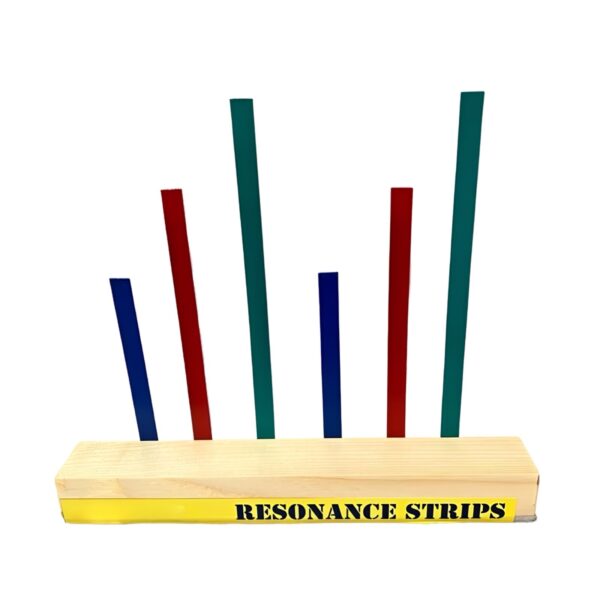
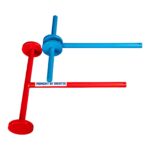
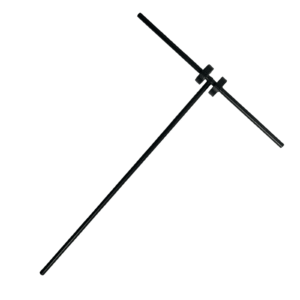
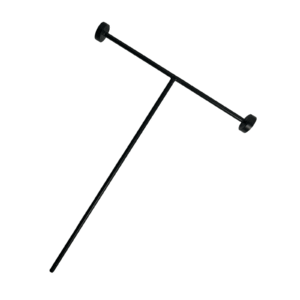
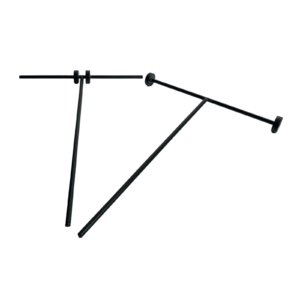
The Moment of Inertia Model is made up of two I-shaped metal pipe assemblies with thick metal washers welded on. Place the washers near the centre in the first assembly. In the second assembly, position the washers at the far ends.
₹1,000 Original price was: ₹1,000.₹450Current price is: ₹450. (Exc. GST)
To pick up today
Free
Our courier will deliver to the specified address
4-5 Days
200+
The concept of moment of inertia model is crucial in understanding rotational motion, as it plays a significant role in determining how a body responds to applied forces. The moment of inertia depends on the mass of the object, with greater mass resulting in greater inertia. However, what makes this concept particularly interesting is that it is not solely the mass that influences it; the distribution of that mass relative to the axis of rotation is equally important. In essence, the moment of inertia quantifies an object’s resistance to changes in its rotational state, much like mass quantifies resistance to changes in linear motion.
To illustrate this point, consider two assemblies that possess the same total mass but differ in their mass distribution about their vertical axes. In the first assembly, the majority of the mass is situated closer to the axis of rotation. This proximity means that less force is required to initiate or change the rotational motion of this assembly. Conversely, in the second assembly, the mass is distributed further from the rotational axis, leading to a higher moment of inertia. Thus, more torque is needed to achieve the same angular acceleration as the first assembly, demonstrating how the distribution of mass significantly alters the dynamics of rotational motion.
Understanding the moment of inertia is essential in various fields, including mechanics, engineering, and even sports science. For practical applications, this knowledge helps in designing objects ranging from simple everyday items to complex machinery. Engineers must consider the moment of inertia when constructing rotating machinery components to ensure they can handle the required performance without excessive energy loss. Additionally, in sports, athletes often adjust their body positions to optimize their moment of inertia, thereby enhancing their performance in activities such as gymnastics or diving. Recognizing the interplay between mass, distribution, and rotational inertia opens doors to more efficient designs and informed strategies in both engineering and athletics.
In stock
In stock
In stock
In stock
No account yet?
Create an Account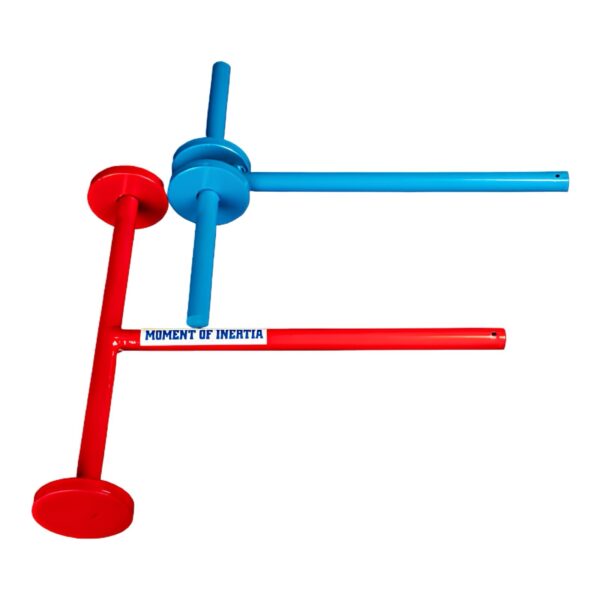
SAMTECH INSTRUMENTS
Typically replies within minutes
Any questions related to Moment of Inertia Model?
🟢 Online | Privacy policy
WhatsApp us

